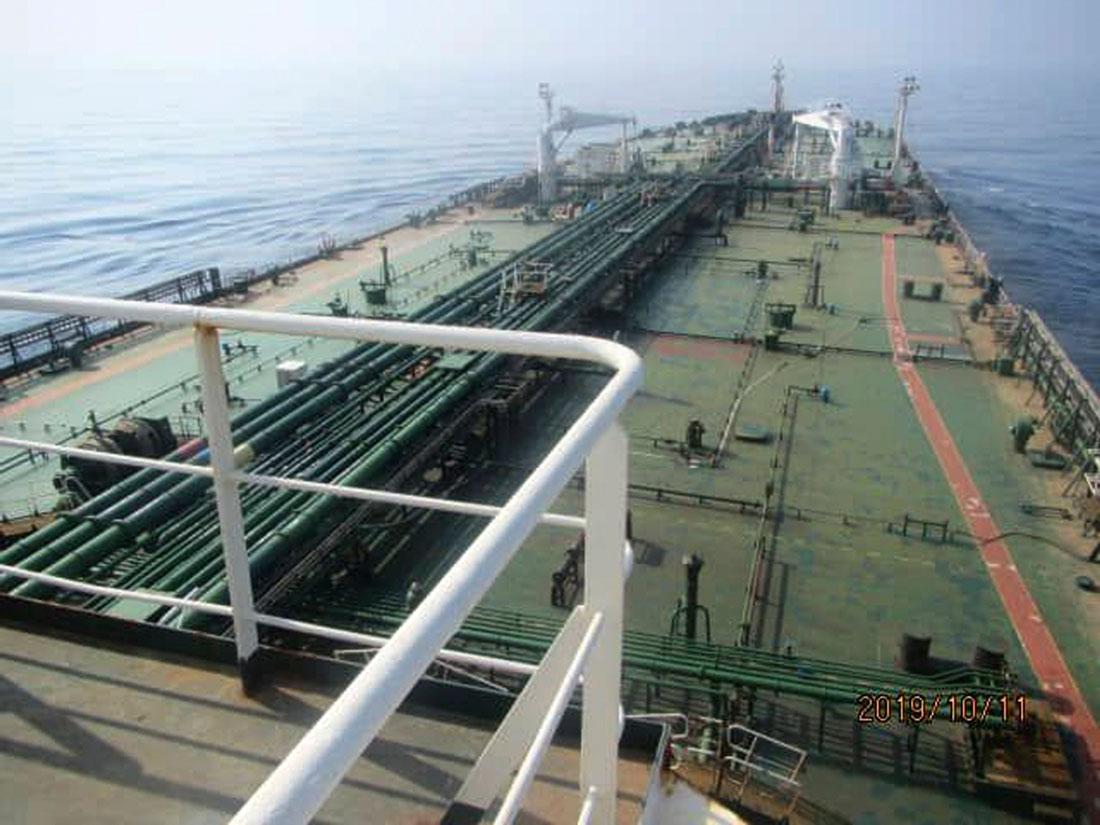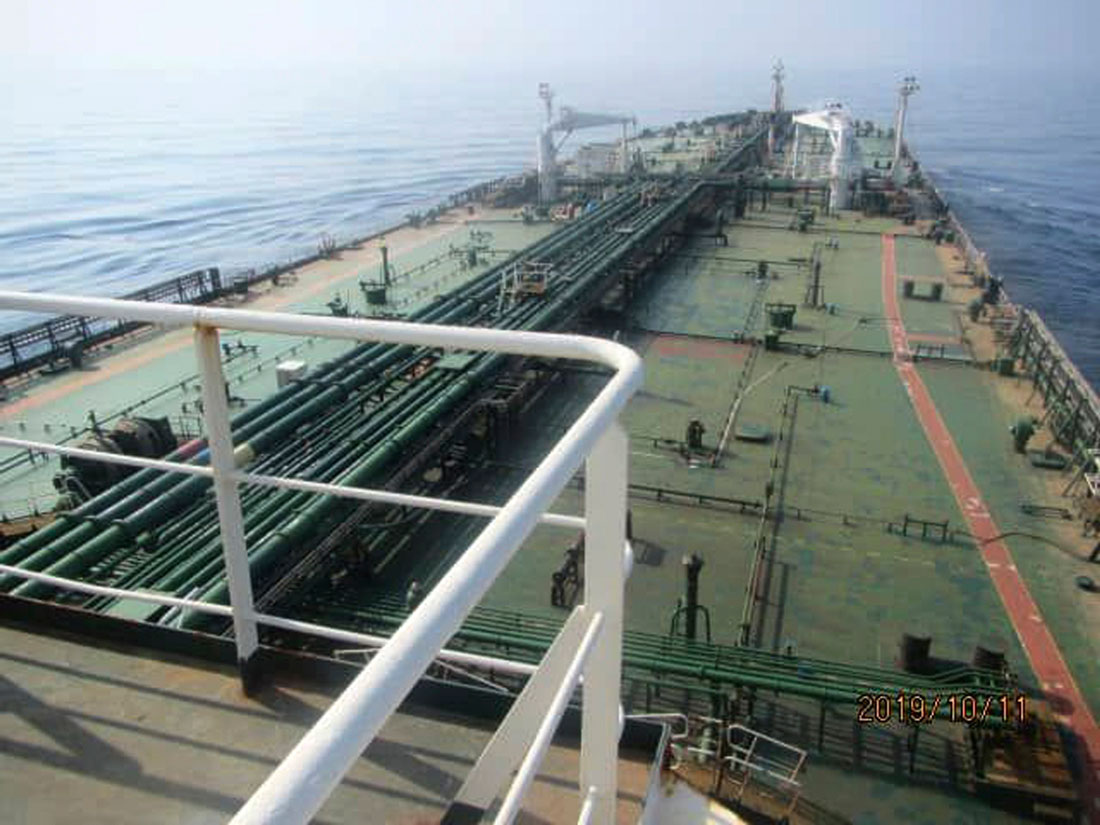Saudi says would have assisted Iranian vessel after alleged attack
RIYADH - Saudi Arabia said Saturday it was ready to help the Iranian tanker that was allegedly attacked off the kingdom's coast, but the ship turned off its tracking system.
The National Iranian Tanker Company, which owns the Sabiti, said its hull was hit by two separate explosions on Friday off the Saudi port of Jeddah.
But the state-owned company denied reports the attack had originated from Saudi soil. There was no claim of responsibility for the reported incident and it has yet to be independently confirmed.
Iranian state television broadcast images from the Sabiti's deck saying they were taken after the attack but showing no visible damage. The ship's hull was not in view.
"An e-mail from the captain of the Iranian tanker Sabiti was received saying the front of the vessel had been broken, resulting in an oil spill," the official Saudi Press Agency (SPA) said quoting the border guard.
"After analysing the information by the coordination centre with the aim to provide any necessary assistance... (the ship) shut off its tracking system without responding to the centre's calls," it said.
Saudi Arabia, it said, was committed to the security and safety of navigation and international maritime laws.
Nasrollah Sardashti, head of NITC, said the crew were safe and the vessel would reach Iranian waters within 10 days, the Oil Ministry's news agency SHANA reported.
In early May another Iranian vessel, the "Happiness 1" broke down at about the same location off the port of Jeddah and was repaired in Saudi Arabia, where it was held until its release on July 21.
On Saturday Iran vowed not to let the alleged attack against the Sabiti go unanswered.
Ali Shamkhani, secretary of the Supreme National Security Council, said clues had been uncovered as to who was behind what he called a "missile attack" on the tanker, the semi-official ISNA news agency reported.
"Maritime piracy and wickedness in international waterways... will not be left unanswered," he said, quoted by ISNA.
The latest incident comes after a spate of still unexplained attacks on shipping in and around the vital seaway to the Gulf involving Iran and Western powers, as well as drone attacks on Saudi oil installations.
Washington accused Tehran of attacking the vessels with mines and to be behind the drone assault, something Tehran strongly denied.
The US Navy's Fifth Fleet, which operates in the region, said it was aware of reports that an Iranian tanker had been attacked on Friday but had no further information.
Oil prices rose on the news of the incident and industry sources said it could drive up already high shipping costs.
Political risk consultancy Eurasia Group offered its speculation about who may have been behind the alleged attack.
"The proximity of the tanker at the time of the attack to Saudi Arabia's Jeddah port might imply that the missiles could possibly have been launched from the kingdom."
"Another plausible theory is that it was an Israeli sabotage operation...The purpose would be to disrupt Iranian tanker activity in the Red Sea corridor as it heads towards the Suez Canal. A third possibility would be that the attack was conducted by a terrorist group," Eurasia said in a statement.
The Red Sea is a major global shipping route for oil and other trade, linking the Indian Ocean with the Mediterranean via the Suez Canal.



